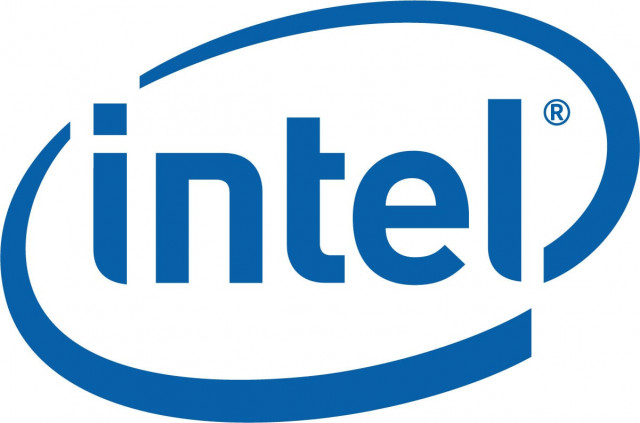Cloud Computing might cut down IT spending by $25b
IT giant also plans to reduce power consumption.

The IT industry could cut down on spending by $25 billion by 2015 with the help of efficient use of computing capacity, according to Intel Data Centre Group Leadership Marketing Director Allyson Klein.
Talking to The Express Tribune on Friday, Klein said that cloud computing – the provision of computational resources on demand via a computer network – could transform the economics of computing and services. “We think this really has the transformational power in terms of economics of computing as cloud computing lowers costs and provides more ubiquitous access to computing, helping society significantly.”
Elimination of costs will be through efficient delivery of IT resources, resulting in savings on overhead costs that are wrapped up in traditional IT.
Intel Country Manager for Pakistan Naveed Siraj said, “In Pakistan, the most critical benefit of cloud computing, which we need to focus on, is that of services opportunities. We must help build a vibrant eco-system of information-sharing between technology providers, system integrators and and clients.”
Giving examples, Siraj said telecom operators and organizations providing financial and healthcare services were increasingly relying on catering to unique demographics in the country to gain market share by offering new services. “The benefits of creating new business opportunities on account of these services will be further enhanced by cost efficiencies in a cloud computing environment,” he added.
“Energy efficiency gains will also allow us [industry] to eliminate 45 gigawatts of power consumption by 2015.” Klein explained that the company had obtained this number by comparing what would be needed based on today’s equipment to power requirements in 2015 against the advancements they would need to make – taking into account technology innovation.
“A lot of power will not be needed because of more efficient computers, both from client and server side, along with more efficient usage of those systems,” she asserted.
“That’s not all, we could accelerate $100 billion worth of industry services around the world,” she said, explaining that data centres were more capable of allocating IT resources and decreasing redundancy.
Moreover, she explained that data centres and cloud computing would allow export of complete IT functions of companies in emerging markets, which would allow them to bypass traditional overhead IT costs. However, she explained that data centres were located and built based on three factors – cheap land, cheap electricity and ability to cool.
“The IT sector spends a tremendous amount of its budget on the management and overheads of the existing IT infrastructure and management,” said Klein. When it is delivered by policy, it becomes simpler, which means companies can utilise that money in different ways such as driving innovation, increasing capabilities of their corporation or simply saving money,” she explained.
“Businesses in Pakistan will continue to see a transformation in the economics of computing and services,” asserted Siraj.
Published in The Express Tribune, April 16th, 2011.



















COMMENTS
Comments are moderated and generally will be posted if they are on-topic and not abusive.
For more information, please see our Comments FAQ